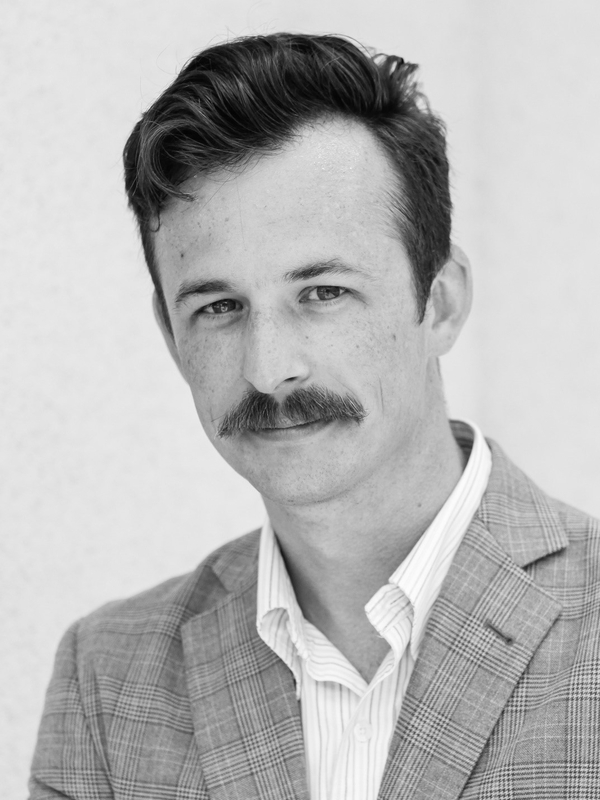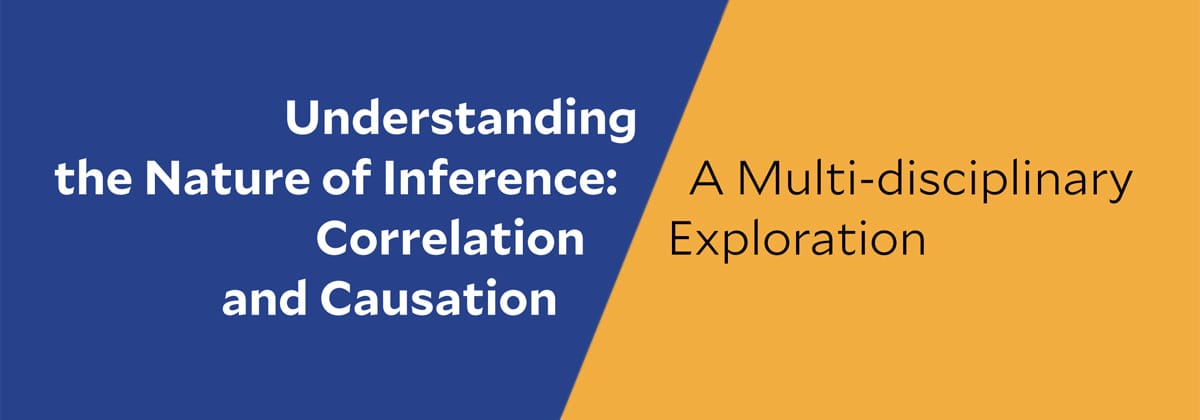
Why do Groups Polarize over Matters of Fact? What Models Can and Cannot Tell Us

One striking feature of the current political environment in the United States and elsewhere is that there are large groups with divergent beliefs about matters of fact, including ones where there is a rich and widely accessible body of scientific evidence available that clearly favors one side. This talk will draw on recent modeling work to provide three distinct possible explanations of this polarization in belief, each of which invokes different mechanisms and recommends different remedies. Professor Weatherall will conclude with a discussion of what it means, from the perspective of the epistemology of model-based science, that such different models can produce such similar outcomes. The moral will be to caution against overly simplistic explanations of and silver bullet solutions to our current quandary in political epistemology.
Professor Kevin Dorst of the Department of Philosophy at the University of Pittsburgh will lead a post-talk conversation the next day, May 26th, at 3 p.m.

James Owen Weatherall
James Owen Weatherall is Professor of Logic and Philosophy of Science at the University of California, Irvine, where he is also a member of the Institute for Mathematical Behavioral Sciences and the Center for Cosmology. His most recent book is The Misinformation Age: How False Beliefs Spread (YUP, 2019), co-authored with Cailin O’Connor, which explores the social dynamics of belief in evidence-rich environments; his previous books are Void (YUP, 2016) and The Physics of Wall Street (Houghton Mifflin Harcourt, 2013). His current research interests concern a variety of issues in the mathematical and conceptual foundations of physics, philosophy of cosmology, and social epistemology.
The conversant for the post-talk conversation is Professor Kevin Dorst, Assistant Professor in the Department of Philosphy at the University of Pittsburgh. He received his Ph.D. from MIT and spent a year as a Junior Research Fellow at Magdalen College, Oxford. His projects center around a simple question: What should we think about how people think? A standard answer from psychology is that people’s thinking is riddled with irrationality. But it turns out that these irrationalist interpretations of the data are often questionable, relying on overly simplistic models of what rational people would think or do. His work tries to bring philosophically sophisticated models of rationality to bear on the interpretation of these types of empirical results in order to help assess how (ir)rational we truly are.
